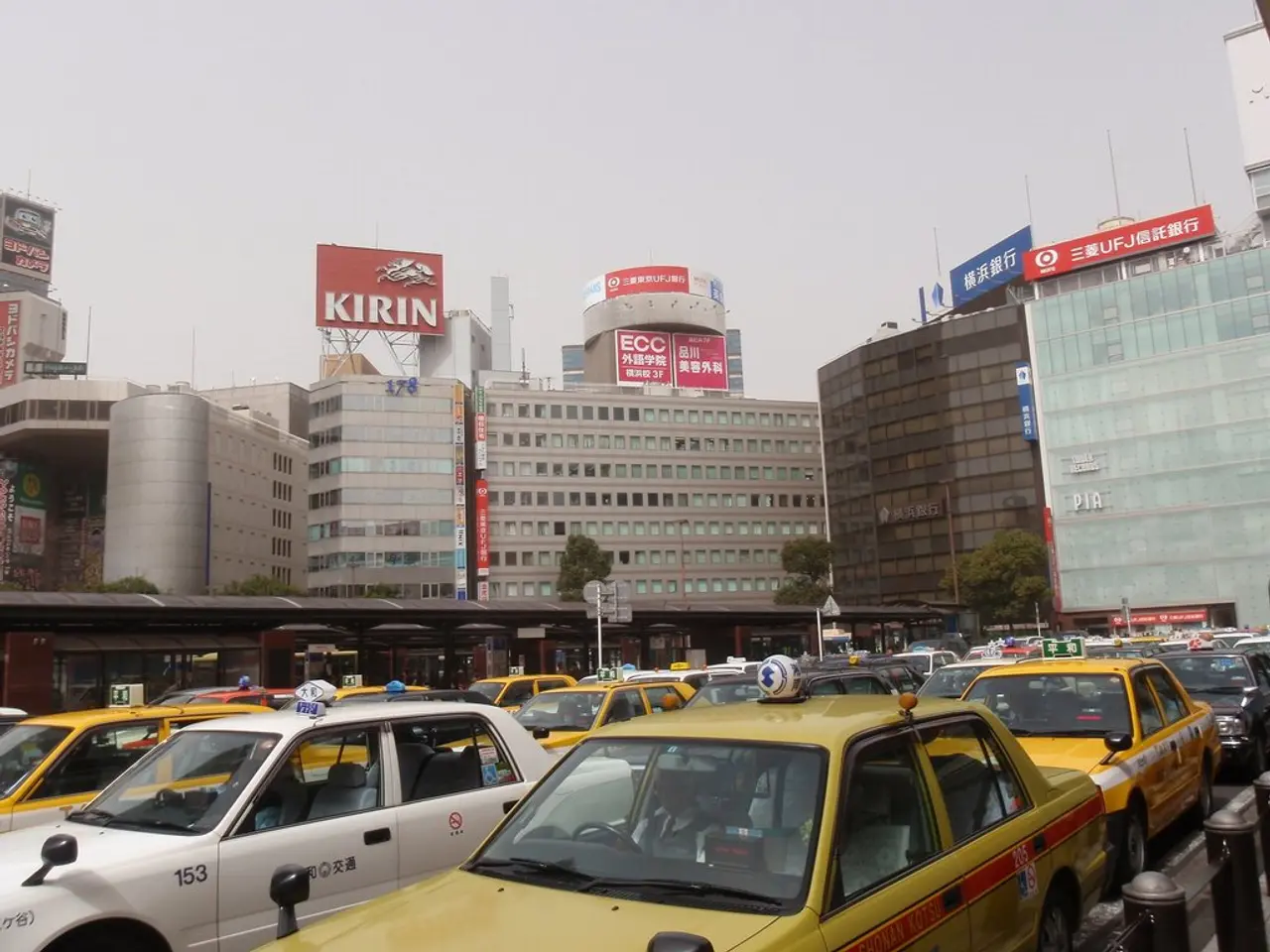Financial advantage derived from sports gambling lagging significantly behind that of casinos in Massachusetts, as per recent investigations
In the first year of legalized sports betting in Massachusetts (2023), the state government saw a significant increase in tax revenue, with a total of $90.8 million generated. This accounted for approximately 22-25% of the state's non-lottery gambling tax revenue. However, the broader economic impact was limited, according to an analysis shared by Thomas Peake, Research Manager at the UMass Donahue Institute, with gambling regulators on Thursday.
Job creation from mobile sports betting was minimal, with only about 118 net new jobs attributed to the industry. Many of these positions were likely administrative or remote, as the sports betting industry in Massachusetts is largely mobile. In contrast, the introduction of casinos in Massachusetts resulted in a net addition of 15,431 jobs, significantly more than sports betting.
The sports betting industry in Massachusetts also had comparatively scant in-state spending. Only about 4% of vendor-related expenditures by sportsbook operators went to Massachusetts businesses, compared to nearly 46% for casino operators.
Moreover, much of the sports betting revenue came from money reallocated within the state's economy rather than new funds entering it. Around 71% was redirected from other sectors like dining, entertainment, and tourism, with only 29% considered new discretionary spending.
The growth of sports betting in Massachusetts is also eating into the state's casino tax revenue, as noted by Thomas Peake. This suggests that the increase in sports betting may be offsetting some of the revenue generated by the state's existing casino industry.
In the first year, the sports betting industry in Massachusetts created a net addition of 118 jobs and generated $90.8 million in tax revenue for the state government. However, its impact on the state's economy compared to the introduction of casinos was minimal. Despite the modest economic boost, the tax revenue remains a clear benefit for the state government.
Sources: [1], [2], [3], [4]
- The sports betting industry in Massachusetts predominantly indirectly supports the state's economy, as more than 70% of its revenue is redirected from other sectors like dining, entertainment, and tourism, with only 29% considered new discretionary spending.
- In comparison to the job creation and spending from casinos in Massachusetts, the sports betting industry's contribution is relatively limited, with only about 4% of vendor-related expenditures going to Massachusetts businesses and a net addition of 118 jobs.




